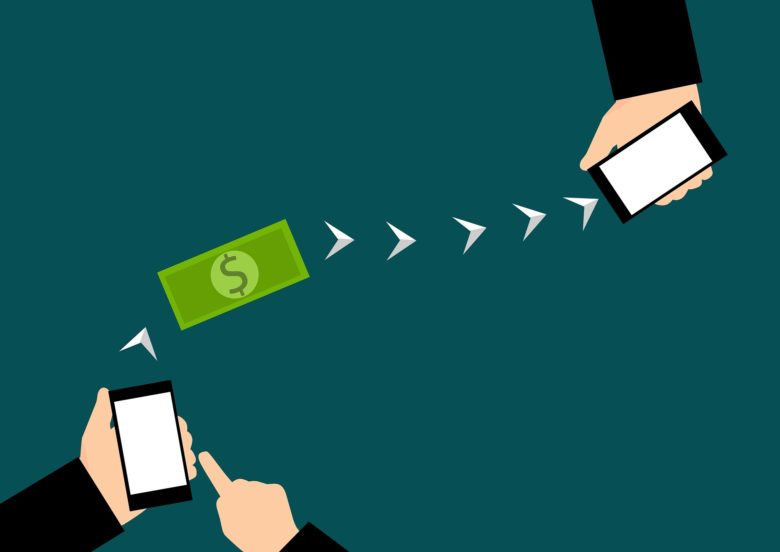Messaging Platform Viber to Grow Into the Fintech Vertical as It Announces Direct Chatbot Payments

We often talk about the future of fintech startups and banks, about how they (try to) drive the digital transformation to the financial services. However, there is another group of companies that’s in an excellent position to deliver really massive disruption to the industry. These are the high-scale tech giants that come from a completely different vertical but have user bases so big that it makes sense for them to launch their own financial products.
In Asia, two great examples are the Chinese WeChat and the Korean Kakao – both started as mobile communication and messaging platforms but as they reached hundreds of millions of users, both added digital wallets to their offerings. In Q4 of 2019, Tencent stats showed that about 1 billion payment transactions take place on WeChat Pay every day. Facebook has also tried to incorporate P2P payments in Messenger, although without that much success to date.
Beyond messaging
It looks like the popular in Europe messaging platform Viber is following more and more in their steps. In the past year, the owned by Rakuten company rolled out P2P payments for the Hungarian, Ukrainian, or Romanian markets. Back in June, it also launched VibeMarket in collaboration with myPOS and Mastercard, enabling Bulgarian small businesses such as food stores, restaurants, fitness centers, and yoga studios to trade goods and manage orders in Viber communities.
Now Viber has officially announced further expansion in the fintech domain with the launch of Chatbot Payments. Users will be able to use the platform to purchase goods and services by paying via Google Pay or another mobile wallet directly in Viber. The new feature is being rolled out in Ukraine, with plans for a launch in other markets in 2021.
“We’re thrilled to move Viber beyond messaging and position ourselves on the global stage as an end-to-end platform that actually values its users as people, not ad targets. Privacy and security are very important. That’s true not only in the transfer of information through messages but in payments and other aspects of digital communications. We’re here to ensure users have access to a secure alternative to handle their payments,” said CEO Rakuten Viber Djamel Agaoua.
Viber’s new chatbot payment service would allow people to purchase products and make payments to merchants securely and directly through the authorized merchant chatbots. Users will be able to add a debit or credit card to their mobile wallets and the payment option will become available for every chatbot built on Viber’s native application programming interface (API). Merchants who want to accept payments should connect a payment service provider that supports this type of payment, create a chatbot on Viber and activate payments on it.
All this means that end-users can now pay for the services they manage via chatbots anyway, for example, utility bills, deliveries, transportation. At the same time, businesses get an additional channel to not only connect with their mobile-first customers but also collect payments.
The messenger of CEE
Launching another new offering aimed at providing an end-to-end mobile experience, Viber makes another step towards dominating the messenger market in CEE. The Western part of Europe and the US have Messenger and WhatsApp. China has its WeChat, Russia and Latin America are dominated by WhatsApp. However, Viber, which cost the Japanese giant Rakuten $900M back in 2014, is doing a great job penetrating Central and Eastern Europe. As of September 2018, the app has over 1B users worldwide and claims it has surpassed WhatsApp in Russia. Early 2020 data from Similarweb showed that Viber is the number one messenger in Bulgaria, Serbia, Montenegro, Ukraine, and Belarus.
Pushing its privacy, encryption, and not collecting any data as a USP, in the past, Viber has generated revenues from services like stickers, games, and long-distance calls to non-Viber users as well as from branded business communication. It remains to be seen what new revenue streams will be unlocked by the jump into the fintech sector.




























